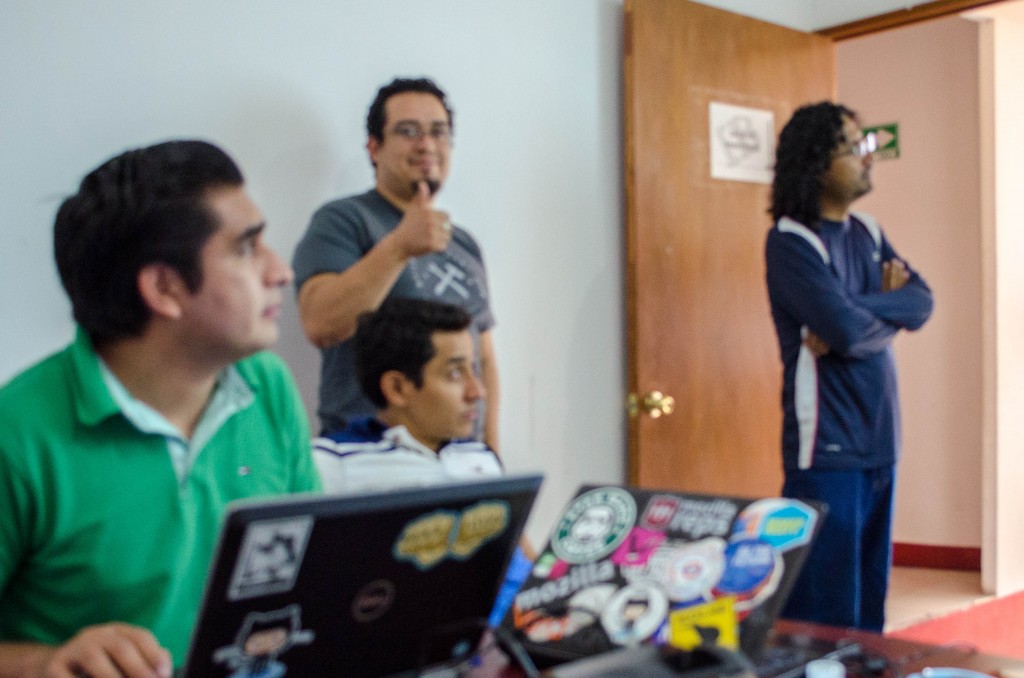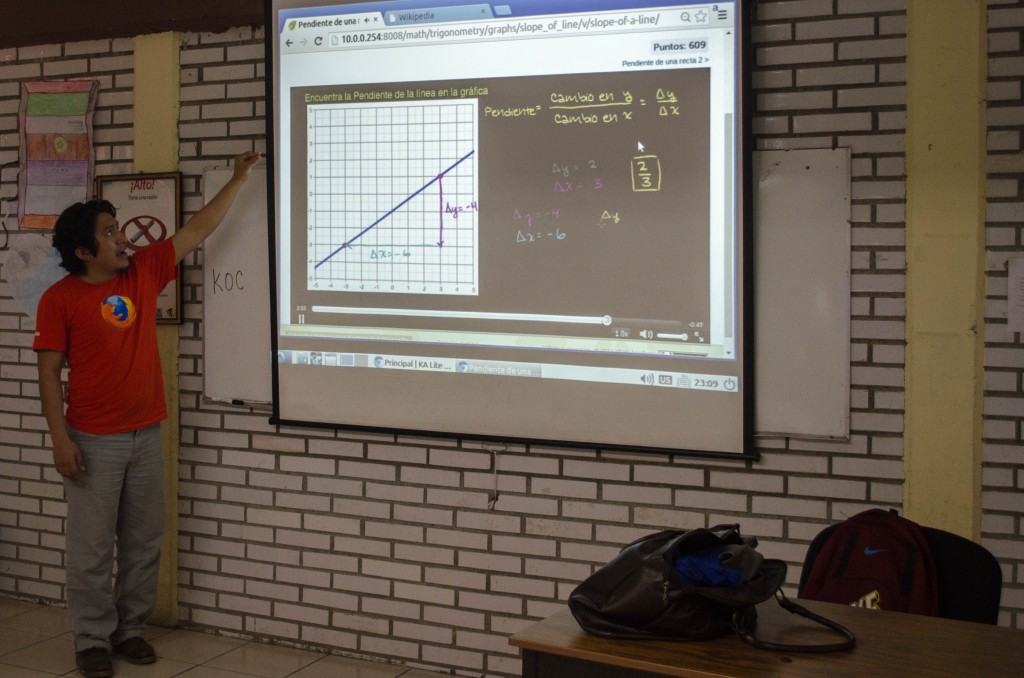tl;dr Here’s the slides! The Fragment Transition
Photo Credit: Xavi Rigau Continue reading Droidcon Stockholm
tl;dr Here’s the slides! The Fragment Transition
Photo Credit: Xavi Rigau Continue reading Droidcon Stockholm
A recent question got me thinking about how I use logging in my development/debug process.
Remember that it’s easy to lie to yourself with logs. I can’t tell you how many times I have made incorrect assumptions about what is going wrong with my code based on the truth presented by the logs. Eventually after exhausting all the other options you finally start tracking down the real problem.
When reading the reviews on one of the Android books I recommend, I came across this question:
I read the chapter on UI and the section on fragments. I followed the given example step by step and got it to work. So far so good. I then attempted to build my own solution of dynamically adding fragments to a layout. I’m none the wiser as to how to reference the views within each dynamically added fragment. The 3 things I really want to know about any control: (1) how to add statically, (2) how to add dynamically, (3) how to reference any view I place into the UI.
Fragments can be a tricky subject! I’ll break down the difference between static and dynamic fragments in this post to give you a better idea of how they work.
Continue reading Managing Static and Dynamic Fragments
tl;dr My favorite talk from the inaugural DroidCon in the United States was “Improving Facebook and Instagram in Emerging Markets.” A storify of my notes & tweets follow.
I spent very rewarding 2 weeks in the state of Oaxaca, Mexico with Kids on Computers to install and maintain computer labs.
I touristed around Oaxaca City for two days: Day 1 and Day 2.
We moved the computers that were bought in country to Huajuapan de León, our home base for the labs.
Continue reading June Trip Report: Kids on Computers and Beyond
On Saturday morning, Alex, Hunter and I packed up to move back to Oaxaca. On the way to the bus station, Hunter made a last minute audible and hung out with his video game friends instead. Alexa and I took the bus and shared music on the way.
Alex’s aunt and uncle live in the city, so we went straight to their house from the bus station. We had Chinese buffet for lunch with his aunt and brother – it was an interesting mix of Mexican spices and Chinese food (similar to Chifas in Péru).
After lunch, we went to the Coding Dojo which was run by Oaxaca.rb (headed by Hermes, Fernando, and others from Logical Bricks Solutions).

On Friday morning, Alex and I taught the teachers at 18 de Marzo how to use the latest version of the OS that we installed. We showed them how to access Khan Academy and offline Wikipedia and walked them through several applications, such as LibreOffice, educational games, and Scratch.
The original plan was for me to lead the class, but as Spanish is not my native language, Alex took the lead. I directed the material that we covered as well as lead the class from the computer by opening and demonstrating how to use different applications. We both played the role of TA by floating around the classroom to help the teachers when they got stuck.

We had the option on Thursday morning of taking a break, so I decided to recharge my batteries a bit and purchase the thing I’d wanted since I arrived – ¡Spanish board games!
Alex and Hunter were originally planning to join the rest of the team for the school visit that morning, but they started breakfast a bit too late. The rest of the team left to check out the new school location to see if they had the prerequisites we look for: a room with tables, a lock on the door, and an engaged community.
After breakfast, Alex, Hunter, and I went on a walk and visited the Huajaupan version of Walmart. I bought a box of 12 traditional games and a two decks of Spanish cards. The deck is interesting because it lacks 8’s and 9’s, Aces are 1’s, the suits are a bit different, and there is no Queen.
What can Van Gogh teach us about startups and technology? Here’s what I learned by visiting the Van Gogh Museum in Amsterdam.
You don’t have to be a master from the start, it’s always a process of growth. He started his artistic career late-ish at 27. He needed a perspective frame to flatten images on to the canvas, he used tracing and projection tools as well.
On Wednesday morning, the director of 18 de Marzo picked us all up from the hotel in his truck so that we could transport some of the older computers over to the town library in Saucitlán de Morelos.
After loading up the computers, Avni, Javier, Gabriel, and Stormy left to install the Mac Mini server and networking equipment at Manuel Gonzalez Gatica. Hunter, Fernando and I stayed for a bit to finish up the networking.